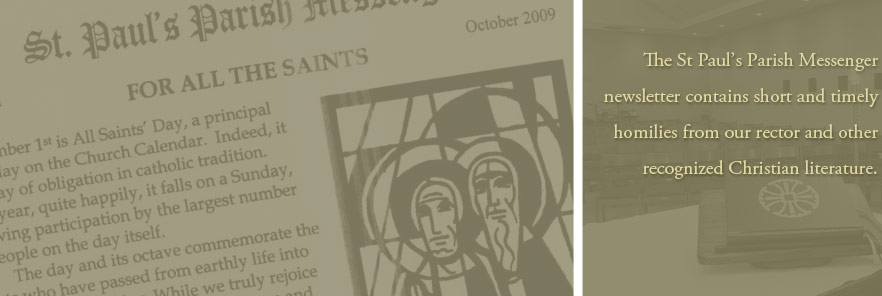In early July I was privileged to spend a week or so in Mürren, Switzerland, just opposite what is arguably the most beautiful panorama in the world, namely the Eiger, Mönch, and Jungfrau range of mountains.
Each morning, with their snow-covered peaks to our left, Marcus, his and I would begin an arduous hike to the right of such, some going up from the 5,500 feet elevation of Mürren to the 6,500 feet level of the Almenhubel, some even to the staggering 10,000 feet heights of the Schilthorn. Due to somewhat gimpy knees, for four of the six days of such hiking, I was only able to manage this time the first stage. On the fourth and sixth days, however, I stirred up my courage and strength to press on to a peak named Birg, a mere 9,000 or so feet up. At dinner each of those evenings, after some recovery time, I was roundly applauded by the family – and I was pleased!
As I winded my way up and up on the exhausting switchbacks, on both of the occasions when I ventured higher, the mentioned panorama now and then in view, but with Birg and the Schilthorn as goals ever in my mind and in the last stages clearly I in my sight, I found myself meditating on Psalm 24: “Who shall ascend the hill of the Lord? And who shall stand in his holy place? He who has clean hands and a pure heart.” (vv. 3, 4). My immediate thought, given great fatigue and difficult breathing in the thin air, with yet an hour or so more to go, was that mentally and physically I needed determined will and a strong heart if I were to indeed to make it to Birg. Besides, at this point, there was no alternative but to press onward and upward; I had reached a point of no return.
Having been a teacher of the Old Testament for years, my thoughts went on to biblical/theological things. Recalling that one of my favorite commentators on the Psalms, Artur Weiser, famously opined that the mentioned “pure heart” referred to the moral purity of one who would therefore be qualified to ascend into God’s holy hill, come into his presence in the temple. I always strenuously opposed this view. One could very well have a morally pure heart without believing in God. Rather then, in my view, the Psalmist was setting forth a theological truth, that those who would come into God’s presence in the temple, in worship, or in communion must believe in him in an absolute, plain, straightforward, unadulterated way, even in a binding, legal way, according to covenant law, thus adoring, cherishing, worshiping him at every turn in his covenant life with them, especially so in his new covenant life in Christ Jesus.
J.R. Hiles

